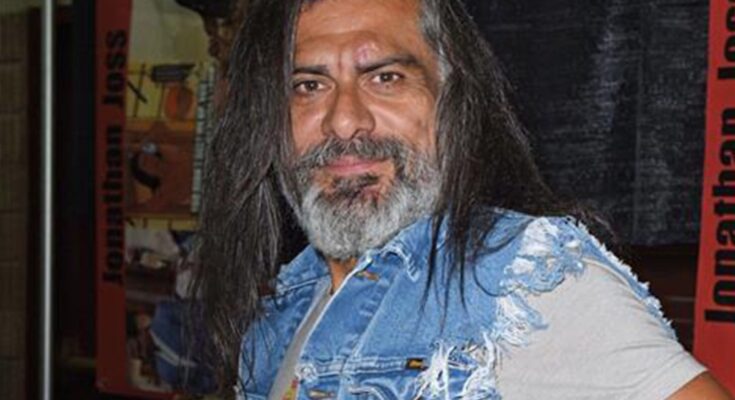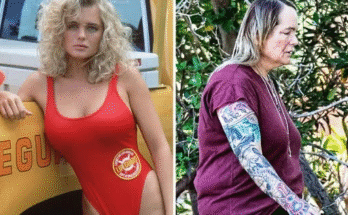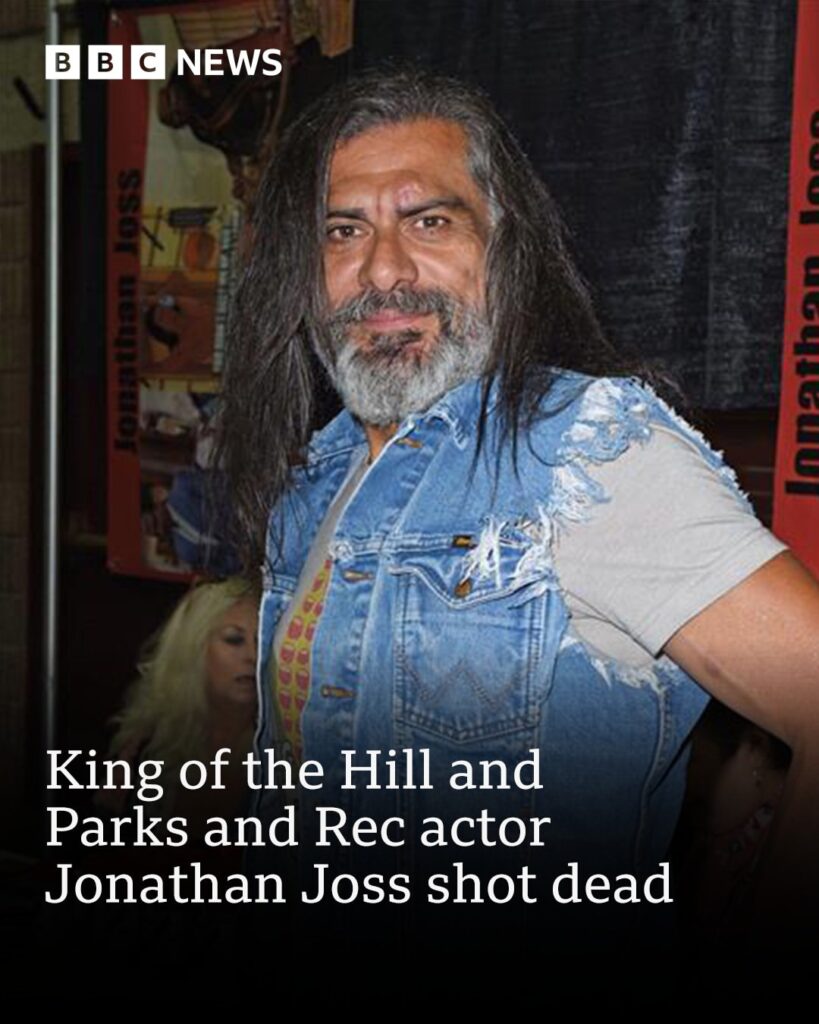
The entertainment world is mourning the tragic death of Jonathan Joss, the beloved Native American actor best known for voicing John Redcorn in the animated series King of the Hill and portraying Chief Ken Hotate in the sitcom Parks and Recreation. Joss, aged 59, was shot and killed in San Antonio, Texas, sending shockwaves through the film and television community.
Authorities confirmed that the incident occurred late Sunday night. San Antonio police responded to reports of gunfire in a residential neighborhood on the city’s west side. Upon arrival, officers discovered Joss with multiple gunshot wounds. Emergency medical personnel attempted to render aid, but he was pronounced dead at the scene.
Investigators have launched a full inquiry into the shooting. While details remain scarce, law enforcement officials have confirmed that the case is being treated as a homicide. As of Tuesday, no arrests have been made, and the motive behind the killing remains unclear. Police have asked anyone with information to come forward, and nearby surveillance footage is being reviewed as part of the ongoing investigation.
A Career Rooted in Representation
Jonathan Joss’s acting career spanned over two decades, during which he earned praise not only for his distinctive voice and comedic timing, but also for his commitment to bringing authentic Native American characters to life on screen.
He gained national recognition for voicing John Redcorn on the long-running animated series King of the Hill, which aired on Fox from 1997 to 2009. Redcorn, a Native American spiritual healer, was known for his stoic demeanor, flowing hair, and his complicated relationship with the show’s suburban characters. While often used for comic relief, Joss infused the role with a quiet dignity that gave depth to a character navigating modern society while holding onto his cultural identity.
Joss later found a new audience with his recurring role as Chief Ken Hotate on NBC’s Parks and Recreation. As the tribal leader of the fictional Wamapoke Nation, Hotate delivered sharp one-liners with a straight face, offering dry commentary on historical injustices and the absurdity of local politics in Pawnee, Indiana. His appearances became fan favorites, and the character’s dry wit and cultural insight served as subtle critiques of how Native American history is often misunderstood or ignored in popular discourse.
A Legacy of Cultural Advocacy
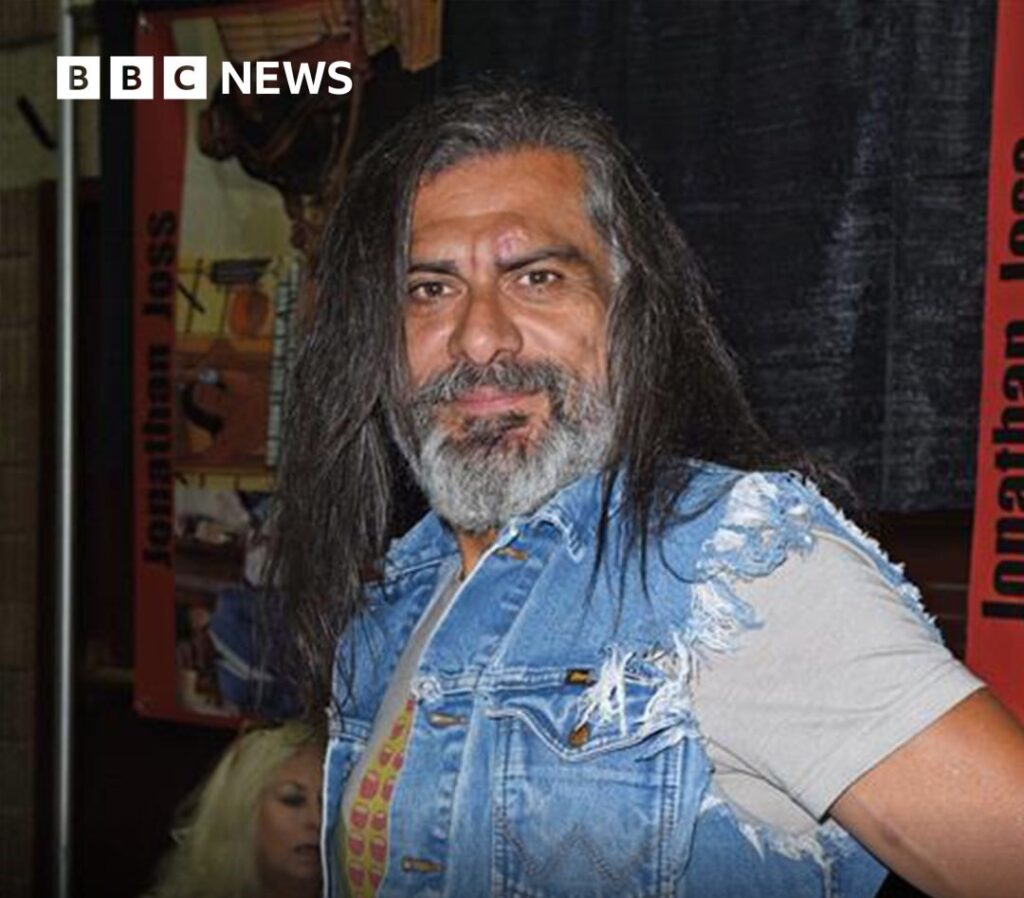
Beyond his work in entertainment, Jonathan Joss was an outspoken advocate for Native American representation in media. Born and raised in Texas and of Comanche and White Mountain Apache heritage, he often spoke about the importance of Indigenous storytelling and the need for Hollywood to cast Native actors in Native roles.
Joss participated in numerous panels and film festivals focused on Native issues, encouraging young Indigenous actors to pursue careers in the arts. He was vocal about the industry’s long history of misrepresentation and typecasting, pushing for more accurate and respectful portrayals of Native cultures.
In interviews, Joss often said he felt a sense of duty in every role he took—whether animated or live-action—to reflect his heritage with pride and truth.
Tributes from Fans and Colleagues
News of Joss’s death prompted an outpouring of grief from colleagues, fans, and cultural institutions. Social media was quickly filled with tributes celebrating his performances, his advocacy, and his kindness.
Mike Judge, the creator of King of the Hill, issued a statement calling Joss “an incredible talent and a generous soul” who “helped define one of the show’s most iconic characters.”
Parks and Recreation star Nick Offerman tweeted, “Jonathan Joss was a sharp mind, a kind spirit, and a brilliant performer. He made us laugh, made us think, and left a legacy we’re all grateful for.”
The National Museum of the American Indian also released a tribute, acknowledging Joss’s contributions to Indigenous visibility in media and praising his commitment to cultural authenticity.
Community Reaction
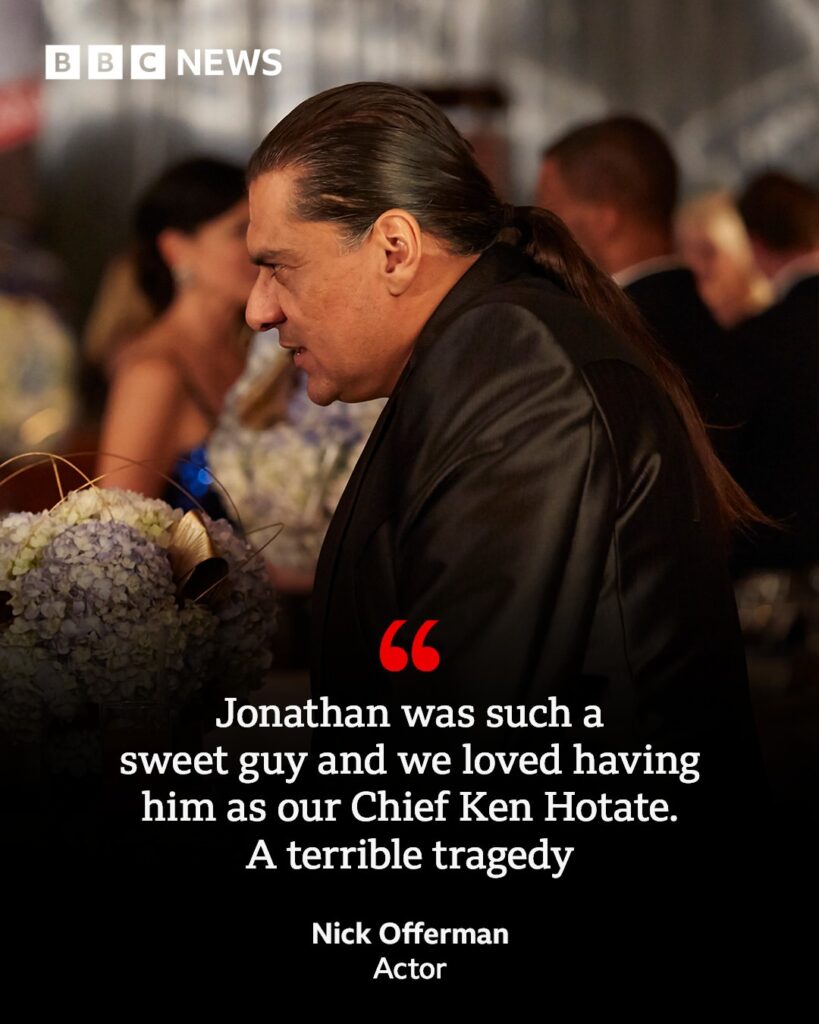
In San Antonio, where Joss had lived for many years, the local community is reeling from the tragedy. Neighbors described him as “humble” and “soft-spoken,” often seen attending community events or participating in cultural gatherings. He was known to mentor young actors and remained deeply connected to his roots.
“Jonathan never let success take him away from his people,” said longtime friend and fellow artist Aaron Longhorn. “He gave back, he showed up, and he used his voice not just for entertainment, but for awareness.”
Local Indigenous organizations held a candlelight vigil Monday evening in his honor, with dozens gathering to pay their respects. Songs, prayers, and stories were shared as those who knew him best mourned not just the loss of a performer, but a passionate cultural advocate and role model.
A Lasting Impact
Though his life was cut tragically short, Jonathan Joss leaves behind a powerful legacy. Through his work in animation, sitcoms, film, and cultural advocacy, he helped reshape how Native Americans are represented in media—pushing for stories that are nuanced, respectful, and true.
He proved that Native roles didn’t have to be one-dimensional or relegated to history books. They could be funny, contemporary, heartfelt, and smart—and they deserved to be played by Native actors.
Joss is survived by family members, including a daughter, as well as countless fans and peers whose lives he touched.
Funeral arrangements have not yet been announced, and his family has requested privacy as they grieve. In a brief statement, they shared: “Jonathan was more than an actor. He was a son, a father, a friend, and a proud Native American man. We are devastated by his loss, and we thank everyone for the love and support.”
As investigations continue, the world remembers Jonathan Joss not only for the characters he played but for the voice he gave to a community and the legacy he leaves behind.
